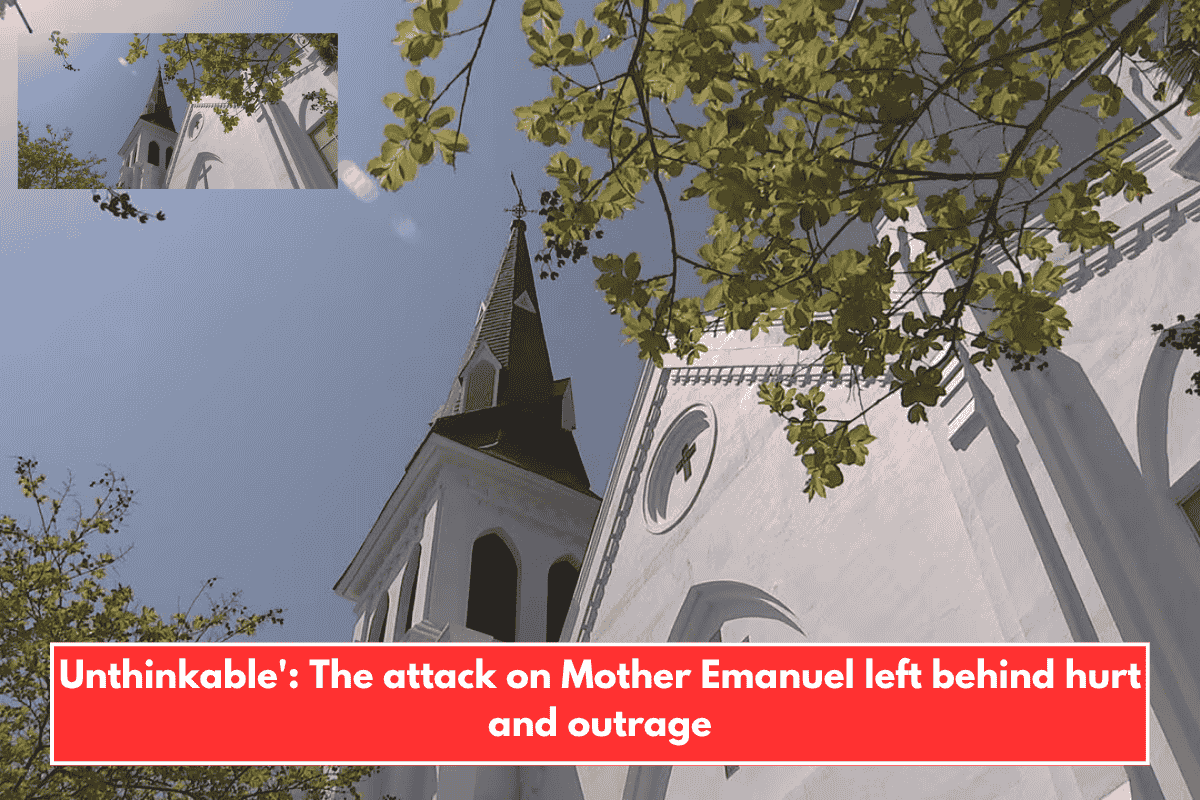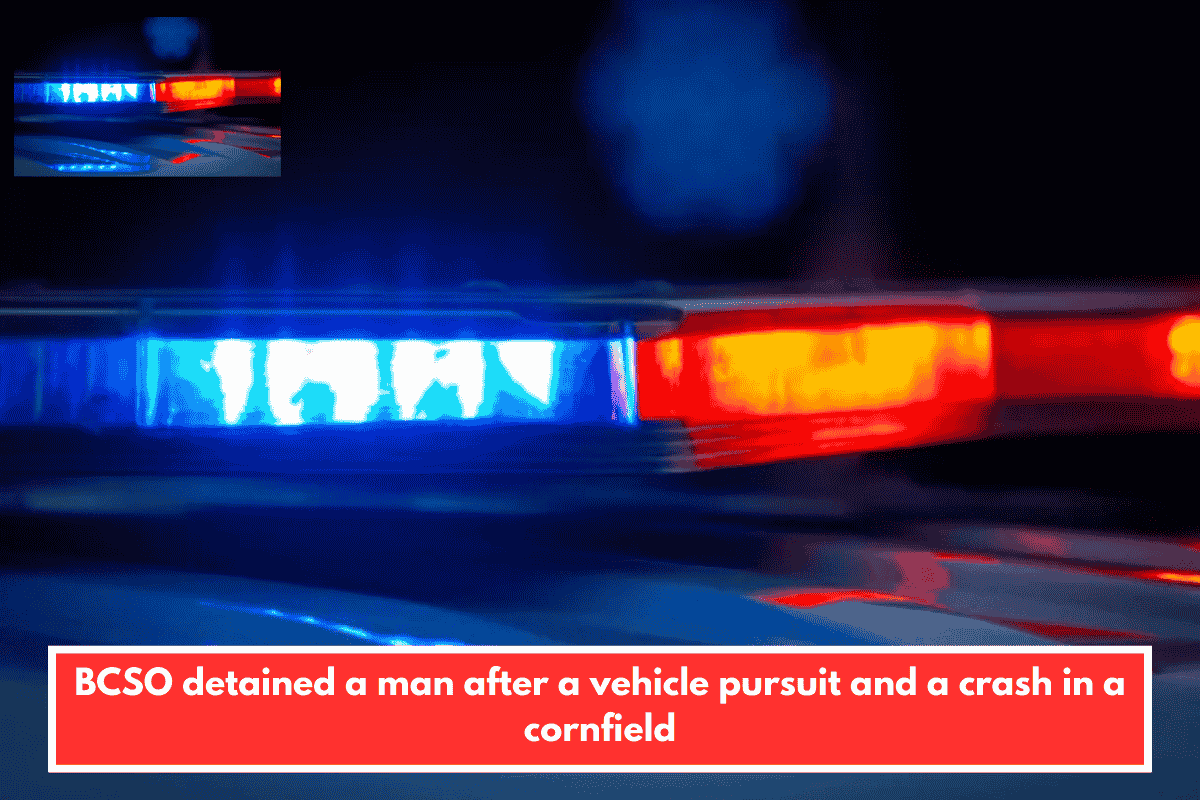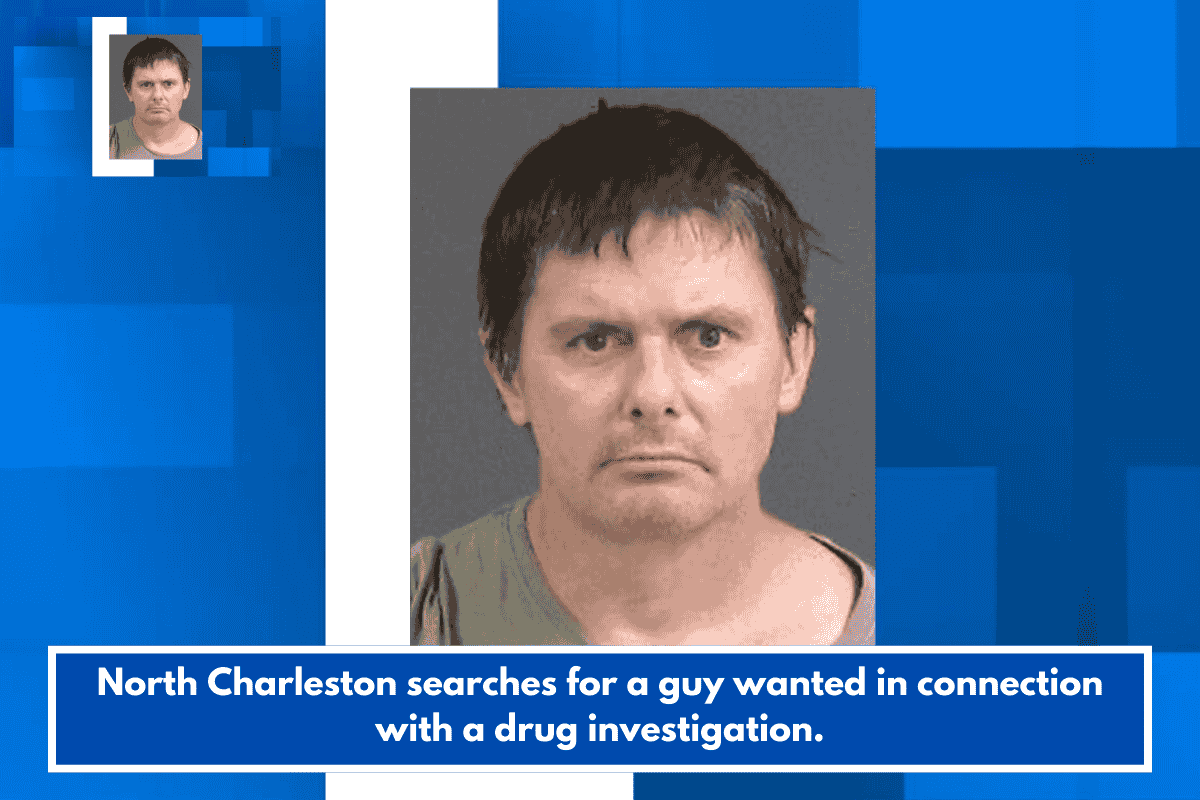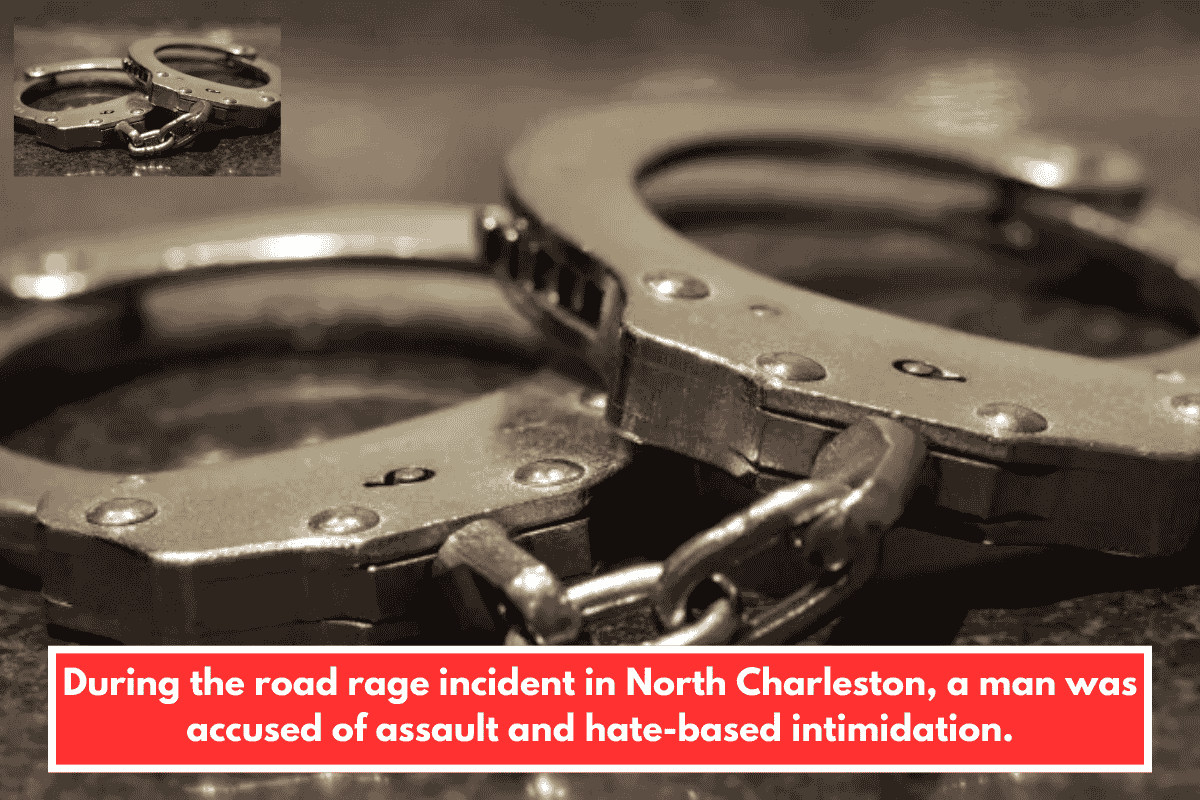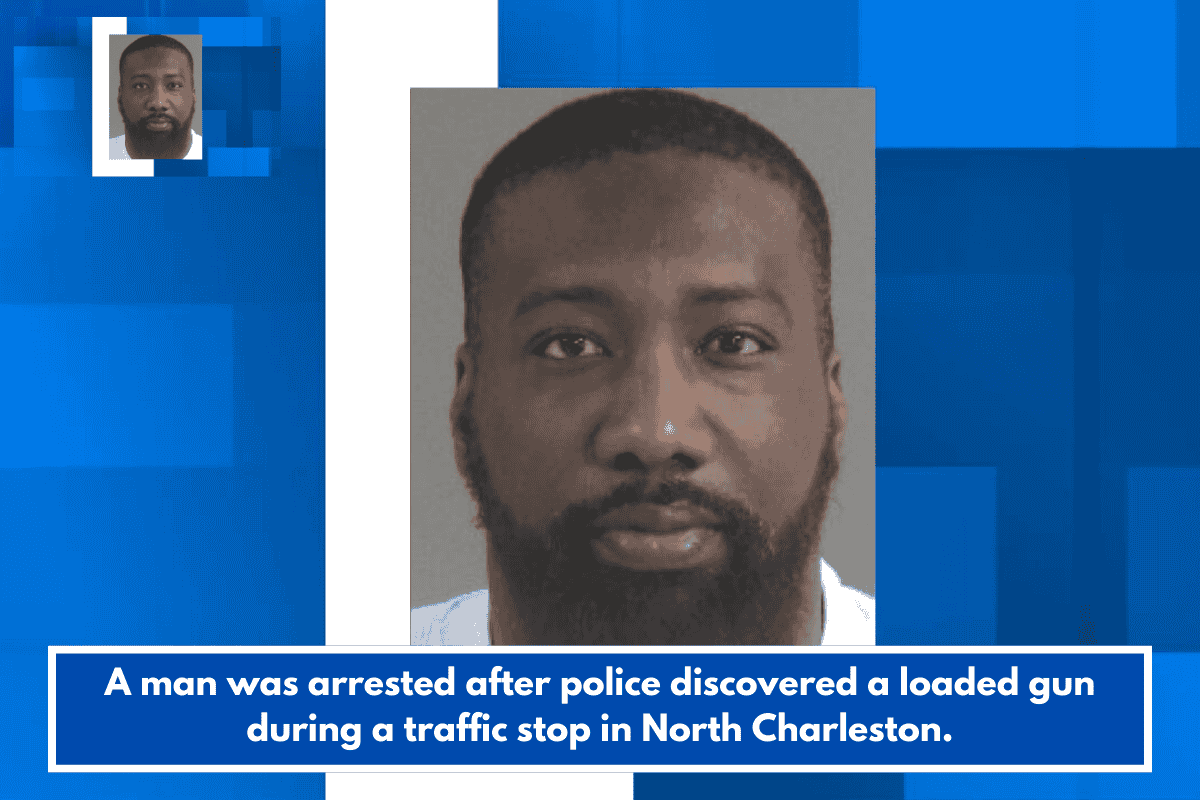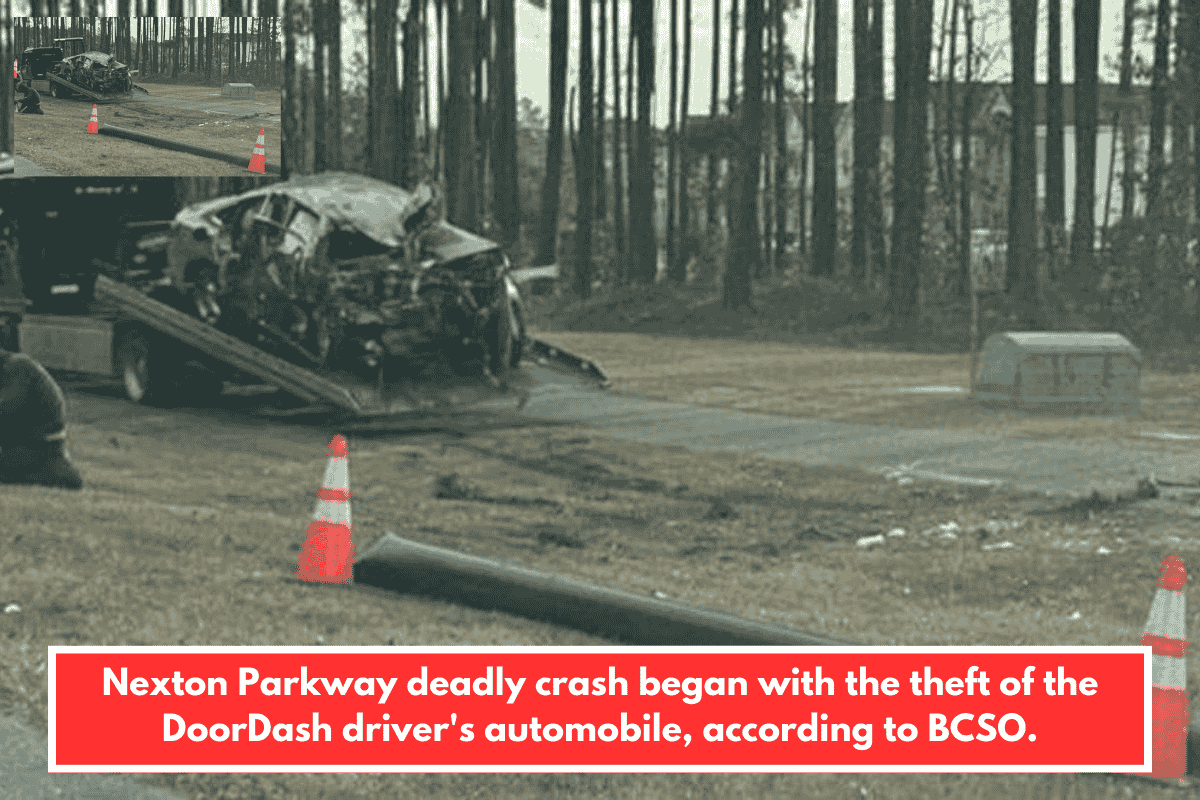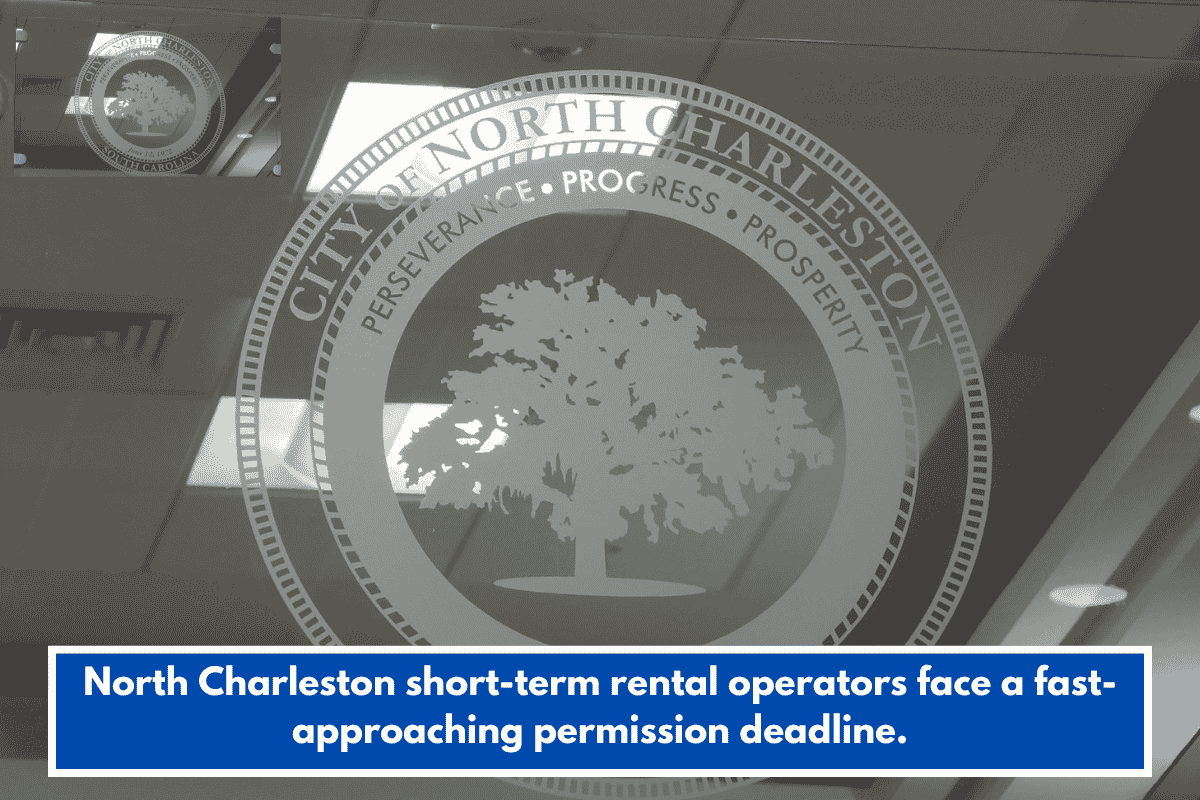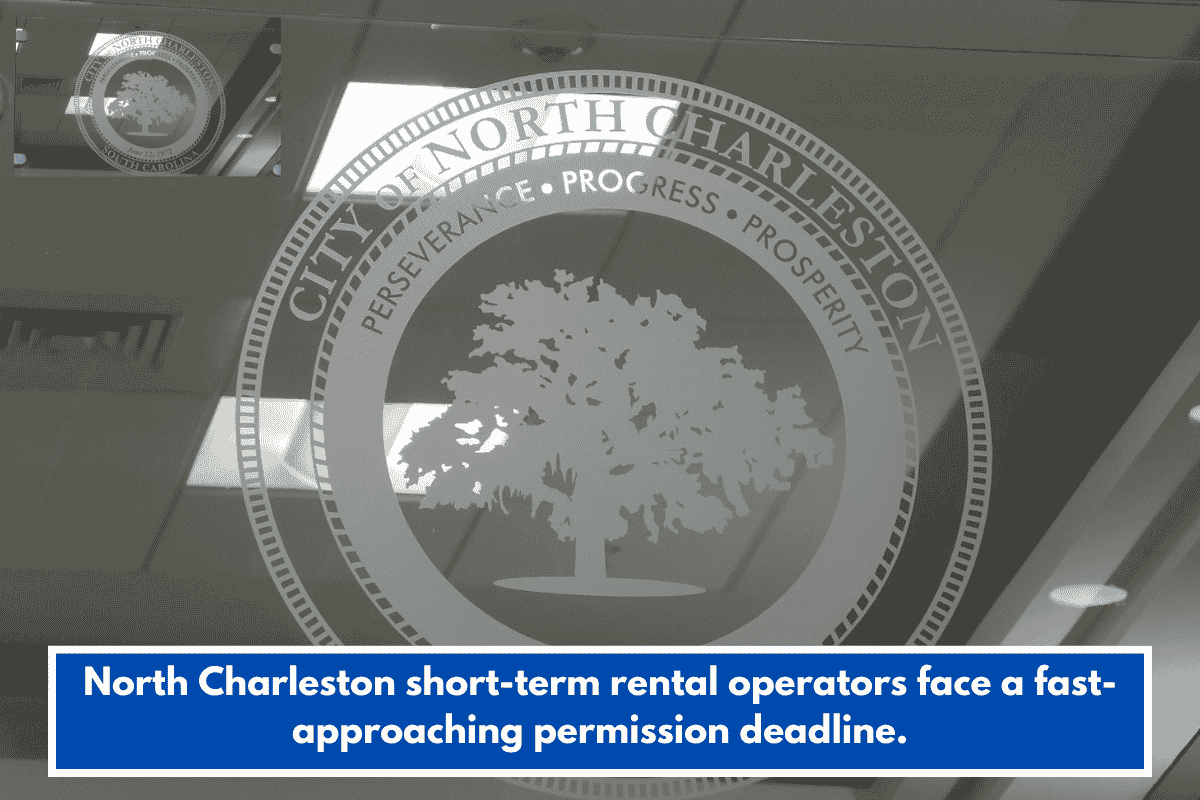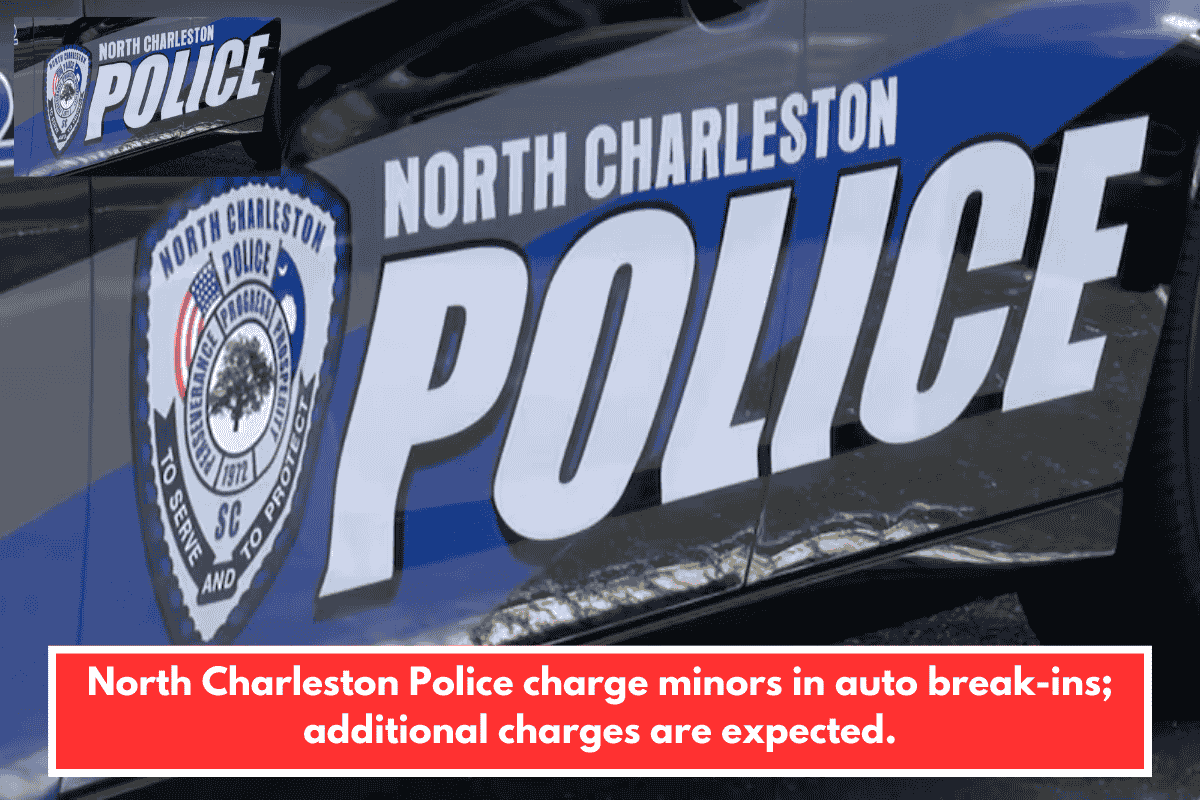Mother Emanuel AME Church in Charleston, South Carolina, has long been a place of strength, faith, and community for generations of Black families. But on June 17, 2015, the church that had already survived centuries of hardship became the site of an unimaginable tragedy.
A Legacy of Strength, Faith, and Struggle
Mother Emanuel has faced many hardships throughout its history. In 1822, just years after its founding, one of its founders was accused of planning a rebellion and was among 35 people executed. The church was later destroyed by fire and then struck by an earthquake in 1886. But each time, the church and its people rebuilt and carried on.
Herb Frazier, a Charleston historian and journalist, remembers how central the church was to his life growing up. “My grandmother sang in the choir there. My father went there. Sundays at Mother Emanuel meant everything to families across Charleston,” he said.
A Normal Bible Study Turned Into a Nightmare
On the night of June 17, 2015, Mother Emanuel was holding its usual Bible study. Rev. DePayne Middleton-Doctor was ready to lead the session. Before heading to church, she stopped by home and asked her daughters if they wanted to join her.
One of her daughters, Kaylin Doctor-Stancil, then 16, declined. “I said no. It was late. My sister wanted to go out with friends. My youngest had basketball,” she recalled. None of them could have known it would be the last time they saw their mother alive.
A stranger also walked into the church that evening—a man with hate in his heart. He had researched Charleston and chosen Mother Emanuel not by chance, but because of its historic role in the Black community. As historian Dr. Bernard Powers explained, the man passed multiple Black churches and historically Black colleges to get there, understanding its deep significance.
A Calculated Act of Violence
The gunman was welcomed by the church’s members, who had no idea he had written a hateful manifesto. During the prayer circle, he pulled out a gun and opened fire. Ten people were attending that night. Nine were killed, including Rev. DePayne Middleton-Doctor and Cynthia Hurd.
Cynthia’s brother, Charlotte city councilman Malcolm Graham, was watching the news unfold. He tried calling her—his “connection to Charleston”—but she didn’t answer. Later, he received a call from the coroner’s office asking for a description of his sister. “We knew something awful had happened,” he said.
Grief, Regret, and Reflection
Doctor-Stancil still feels the pain of that night. “I was mad that day because Mom had gone to get her certificate instead of taking me to get my driver’s license. I told her no out of teenage frustration. And then I lost her. I keep asking myself—if I had gone, would things have been different? But I also wonder… if we had gone, would we still be here?”
Anger and Unanswered Questions
Graham admitted his immediate response was not forgiveness. “I was angry. I wasn’t in the mood to forgive,” he said. As he prepared to travel from Charlotte to Charleston, he learned the shooter had been headed toward Charlotte himself.
Mother Emanuel is more than a church—it’s a symbol of resilience, faith, and the pain carried by a community that has faced unimaginable loss. June 17, 2015, marked a dark chapter in its long history, but it also revealed the strength and heart of the families, the survivors, and a city that continues to heal.

